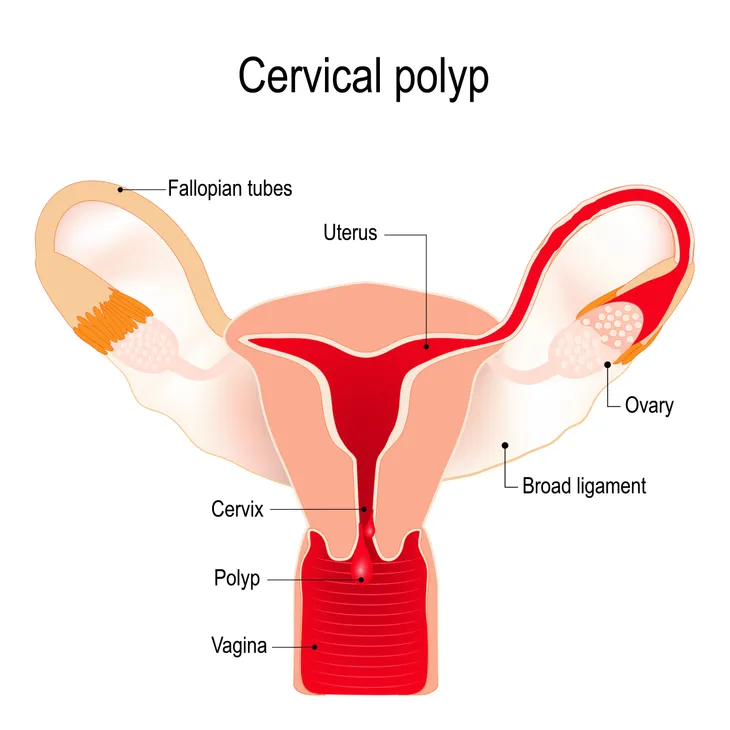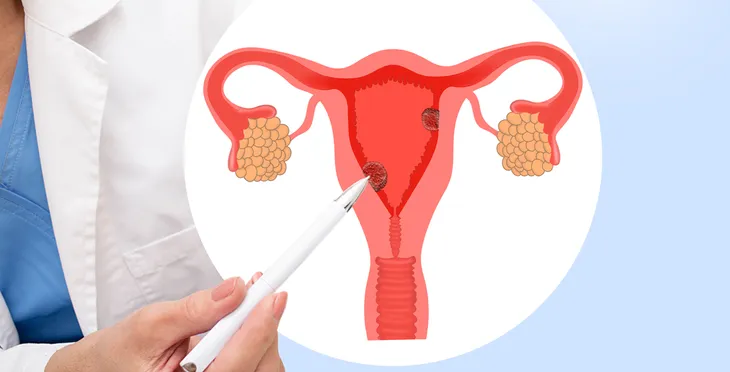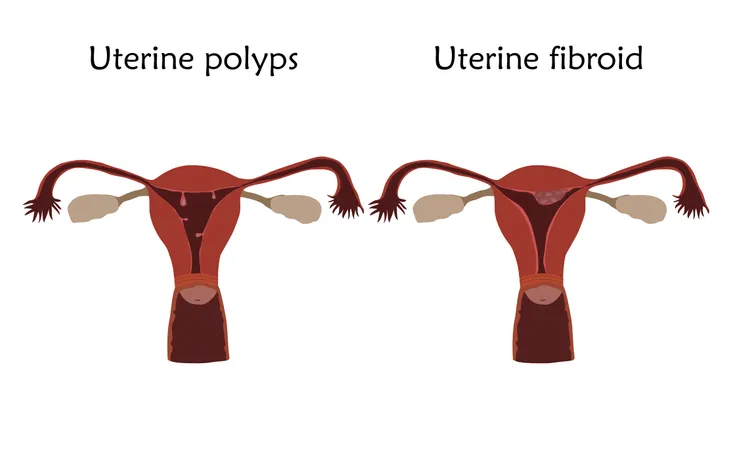A polyp is an abnormal tissue growth of tissue that can form flat (known as sessile) or in a narrow elongated projectile (known as “pedunculated”) from a mucous membrane.
Polyps commonly develop in the colon, sinuses, stomach, cervix, small intestine, bladder, uterus, and even in the nasal cavity, or in any other mucous membrane. Here’s a closer look at the nine common classifications of polyps…
Colorectal Polyp
Colorectal polyps, as the name suggests, form in the colon. Even though it can take considerable time for symptoms to show themselves—pain, rectal bleeding, or diarrhea and constipation can indicate a problem or even the early stages of colon cancer (where polyps turn malignant).
Most polyps are found during a routine colon cancer screening and are benign, but they are typically removed to reduce the development of colon cancer with a follow up colonoscopy performed every 3 to 5 years.
Nasal Polyps
Nasal polyps form in the mucous membrane of the nasal cavity—particularly in the nose and paranasal sinuses. They typically occur in individuals with severe allergies (i.e., allergic rhinitis) as mucosa builds up and forms a polyp.
Cervical Polyp
Cervical polyps develop on the surface of the cervical canal. Typically, these benign tumors don’t cause any symptoms and women can live for years without ever knowing they exist. Sometimes they will be found in a routine check-up if the patient complains about abnormal menstrual bleeding.
Endometrial Polyp
A endometrial polyp is a type of polyp that develops on the lining of the uterus. They can form as a flat lesion (sessile) on the endometrium or as an abnormal growth with a stalk (pedunculated) within the uterine cavity. Endometrial polyps occur in approximately 10-percent of adult women without symptoms.
However, if a pedunculated polyp grows to several centimeters in size, it can stick out through the cervix into the vagina, causing bleeding.
Peutz-Jeghers Polyp
Affecting 1 in 300,000 births, Peutz Jeghers is a genetic disorder where people develop dark colored spots on the skin and intestinal polyps. These intestinal polyps are generally non cancerous.
Hamartomatous Polyp
Hamartomatous polyps form in patients with Cowden Syndrome (or Cowden’s disease), rare autosomal dominant inherited disease that’s characterized by the growth of hamartomas multiple tumors on the nose and intestines. Patients with Cowden Syndrome have a predisposition to certain forms of cancer—such as breast cancer, thyroid cancer, and uterine cancer.
Inflammatory Fibroid Polyp
Inflammatory fibroid polyps (or IFP), are benign tissue growths that grow in a projectile fashion (or spindle formation) around the blood vessels in the gastrointestinal tract, generally the stomach or small bowel. Typically there is a great deal of inflammation associated with this classification of polyp.
Cronkhite–Canada Syndrome Polyps
Cronkhite–Canada Syndrome is an uncommon syndrome that typically affects males of Japanese ethnicity (which make up two-thirds of those affected). The condition causes the sporadic formation of multiple polyps along the digestive tract—including the large intestine, small intestine, stomach, and the esophagus.
Typically, Cronkhite–Canada Syndrome polyps are benign and don’t develop into cancerous tumors.











